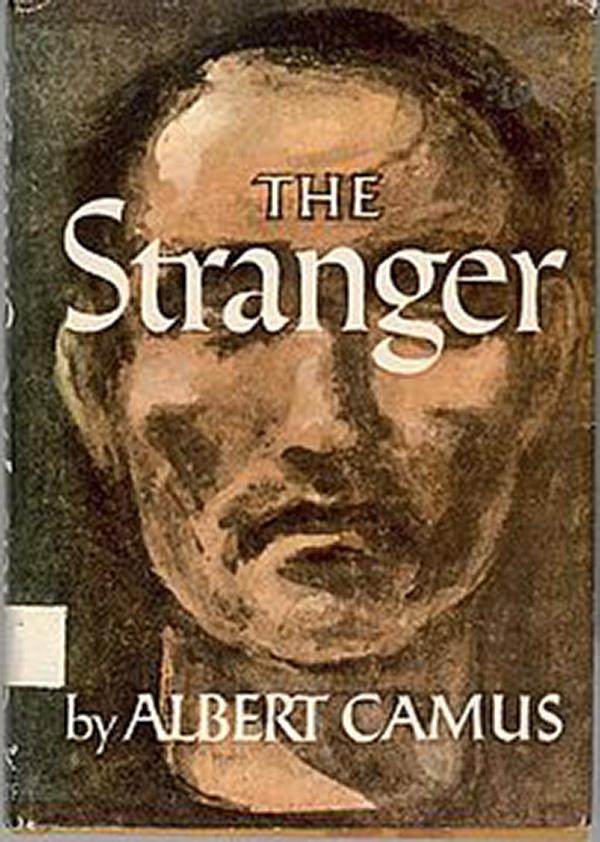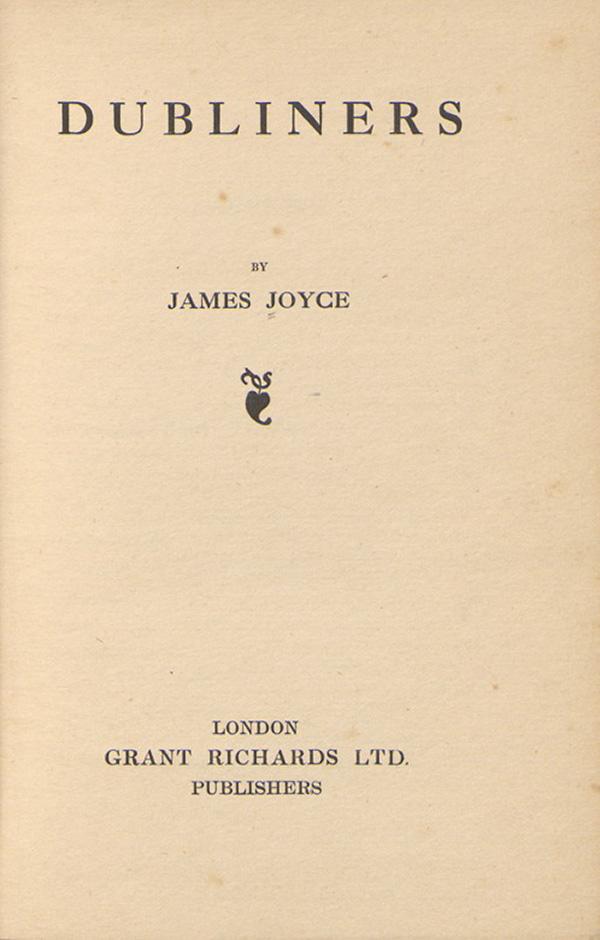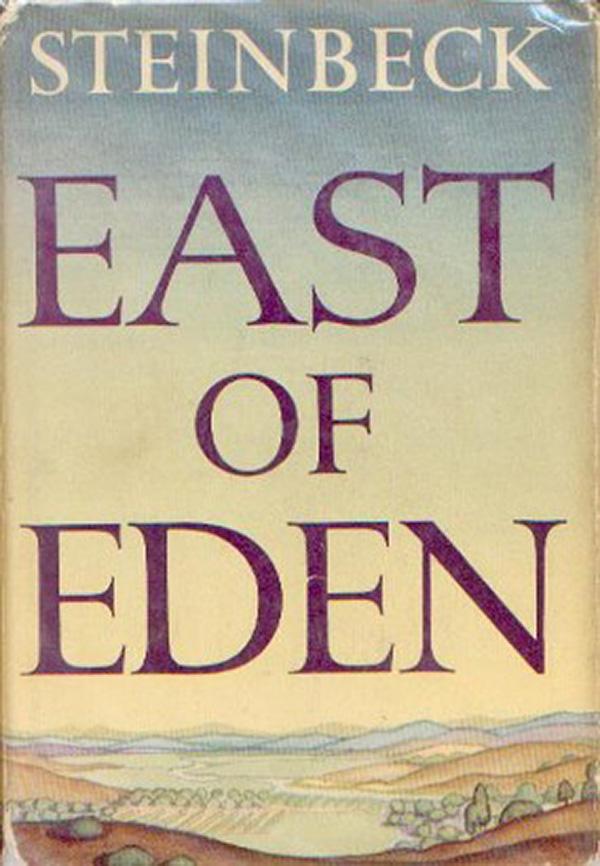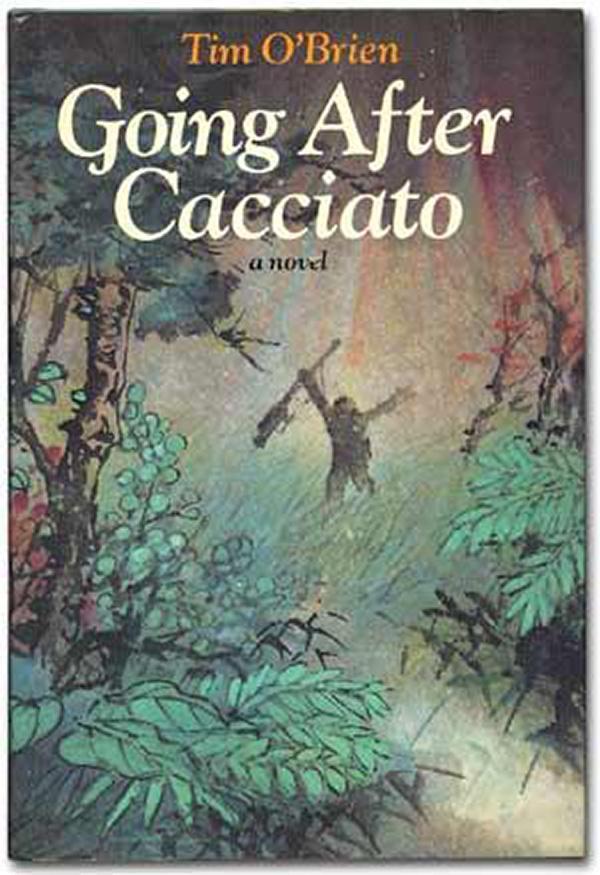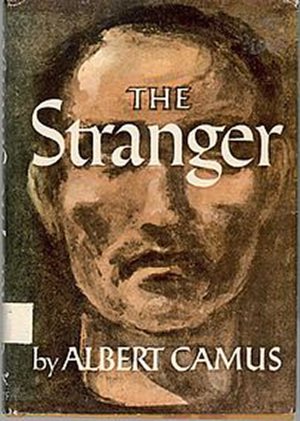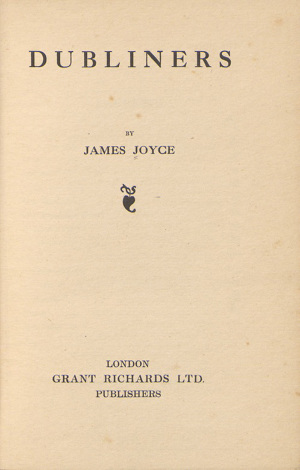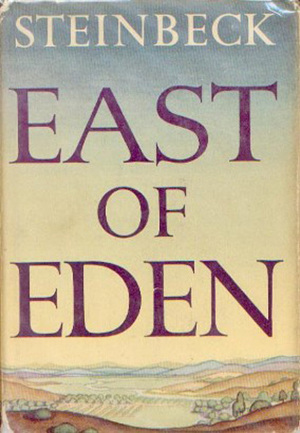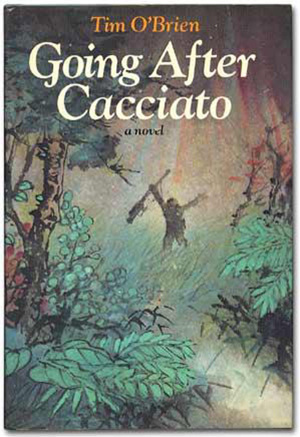Staff Recommendations: Sept. 17
September 17, 2014
By the third week of class, you’re probably ready to stop doing all the readings professors are assigning. Sometimes, it’s actually worth doing the reading, though. Here are four times the WSN staff was pleased with a book on the syllabus:
“The Stranger,” Albert Camus
Although Camus’ greatest work comes in at just under 130 pages, “The Stranger” packs the punch of a thousand-page epic. This odd, unsettling 1942 novel about a man whose life is turned upside down by a crime, is now required reading for anyone studying existentialism or philosophy — but deservedly so. “The Stranger” is by turns horrifying and moving, and it refuses to let go once it winds its way into readers’ minds. — Alex Greenberger, Arts Editor
“Dubliners,” James Joyce
On the surface, James Joyce’s “Dubliners” might come across as a disparate series of short stories united only by the characters’ titular location. It can be boring for a ninth-grade English class, or even for the casual reader, but through thoughtful examinations and class discussions, it becomes hard not to realize the profound themes of aging, death and paralysis that run throughout Joyce’s work. Joyce’s ability to tell stories while still letting the reader personally explore his characters’ world makes each of the 15 vignettes intriguing, eventually mesmerizing and ultimately unforgettable. — Ife Olujobi, Entertainment Editor
“East of Eden,” John Steinbeck
While the length of John Steinbeck’s “East of Eden” may initially put off some readers, this masterpiece of California-centric literature is an English-class classic for a reason. An epic tale that follows the trials and tribulations of two generations of Californian farmers, this novel centers around the biblical trope of the prodigal son and the ultimate quest for forgiveness for past injustices. Filled with tragedy, crumbling family ties and a hint of hope, Steinbeck’s prose immerses readers in the lives of the characters within his intricate plot. — Olivia Martin, Creative Director
“Going After Cacciato,” Tim O’Brien
Well written, thought-provoking and dizzying in scope, “Going After Cacciato” uses a heady, fractured writing style to explore some of the most universal themes — duty, escape and love. Working with the framework of a Vietnam war epic, the novel almost immediately splits into two distinct stories — the stark, realistic “Listening Post” chapters that follow Paul Berlin’s night on watch duty, and the fantastical “Road to Paris” chapters that follow the transglobal journey of Berlin’s squad. Throughout, O’Brien weaves together the smaller vignettes found in each section into a larger story, which reveals Berlin’s dissolution and struggle to find purpose as a soldier in a purposeless war. — John Ambrosio, News Editor


























































































































































